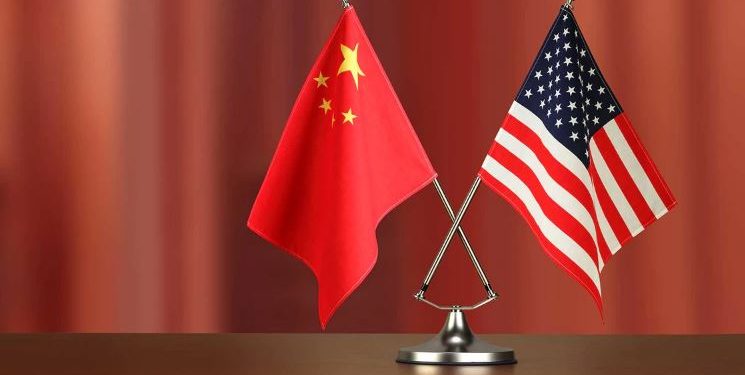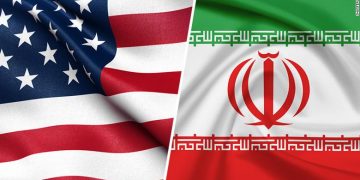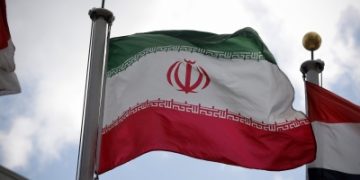Washington: In line with the previous government’s China policy, the Biden administration has announced that the US will support China’s neighbours, Taiwan and human rights in Hong Kong, Xinjiang and Tibet.
The interim US national security strategic guidance signed by President Joe Biden, which was released Wednesday said that today, more than ever, America’s fate is inextricably linked to events beyond its shores where it faces a world of rising nationalism, receding democracy, growing rivalry with China, Russia, and other authoritarian states, and a technological revolution that is reshaping every aspect of life.
The US, the 24-page document said, must also contend with the reality that the distribution of power across the world is changing, creating new threats. “China, in particular, has rapidly become more assertive. It is the only competitor potentially capable of combining its economic, diplomatic, military, and technological power to mount a sustained challenge to a stable and open international system.”
Russia, it said, remains determined to enhance its global influence and play a disruptive role on the world stage. Both Beijing and Moscow have invested heavily in efforts meant to check US strengths and prevent the US from defending its interests and allies around the world. Regional actors like Iran and North Korea continue to pursue game-changing capabilities and technologies, while threatening US allies and partners and challenging regional stability.
The Biden administration in its vision document said that in many areas, China’s leaders seek unfair advantages, behave aggressively and coercively, and undermine the rules and values at the heart of an open and stable international system.
“When the Chinese government’s behaviour directly threatens our interests and values, we will answer Beijing’s challenge. We will confront unfair and illegal trade practices, cyber theft, and coercive economic practices that hurt American workers, undercut our advanced and emerging technologies, and seek to erode our strategic advantage and national competitiveness.”
The US, it said, will ensure that its supply chains for critical national security technologies and medical supplies are secure. The Biden government will continue to defend access to the global commons, including freedom of navigation and overflight rights, under international law.
“We will position ourselves, diplomatically and militarily, to defend our allies,” the Biden government said adding that it will support China’s neighbours and commercial partners in defending their rights to make independent political choices free of coercion or undue foreign influence. It will also promote locally-led development to combat the manipulation of local priorities.
“We will support Taiwan, a leading democracy and a critical economic and security partner, in line with longstanding American commitments. We will ensure that US companies do not sacrifice American values in doing business in China. And we will stand up for democracy, human rights, and human dignity, including in Hong Kong, Xinjiang, and Tibet. On all these issues, we will work to forge a common approach with like- minded countries.”
This work is urgent, the government said, arguing that the alliances, institutions, agreements, and norms underwriting the international order the US helped to establish are being tested. Amid rapid change and mounting crisis, the system’s flaws and inequities have become apparent, and gridlock and inter-state rivalry have caused many around the world-including many Americans-to question its continued relevance.
“The US cannot return to business as usual, and the past order cannot simply be restored,” the Biden administration said.
“Our democratic alliances,” the US government said, “enable us to present a common front, produce a unified vision, and pool our strength to promote high standards, establish effective international rules, and hold countries like China to account.”
That is why the US will reaffirm, invest in, and modernise the North Atlantic Treaty Organization (NATO) and our alliances with Australia, Japan, and the Republic of Korea – which, along with our other global alliances and partnerships, are America’s greatest strategic asset, the document said.
IANS






































